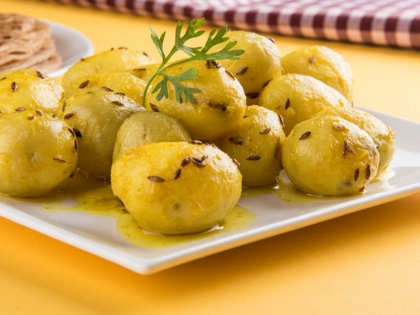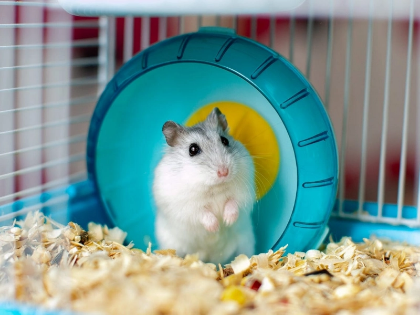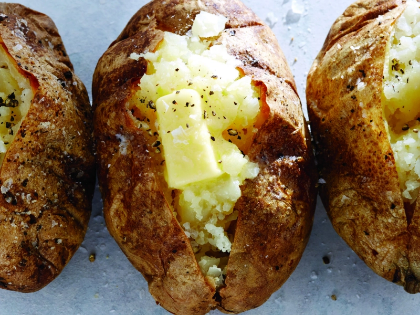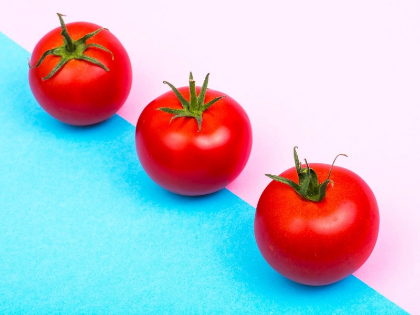Popular in the summer, peaches taste great straight from the tree or baked into a pie. They are also a good source of vitamins and antioxidants. They can, however, cause acid reflux because of their high acid content.
Two genomic regions regulate the genetic variance for acidity found in commercial U.S. peach germplasm. The two main acidity groups can be distinguished using a DNA test that combines CPPCT040b and G7Flav-SSR.
They have medium acidity.
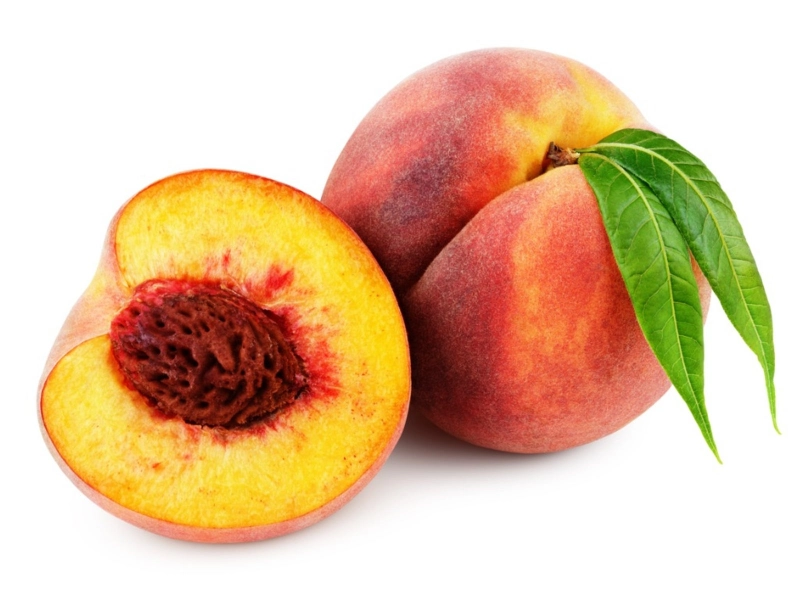
Advertisement
When consumed in moderation, peaches are a tasty and healthy fruit. They are rich in vitamins, minerals, and health-promoting substances that support the immune system and reduce the risk of acid reflux. Furthermore, the fruit won't cause uncomfortable symptoms of acid reflux because it is less acidic than many other sour fruits.
Peaches have a pH of 7.5, making them somewhat acidic. When eaten in moderation, they won't trigger acid reflux or heartburn because they become alkaline after being digested. The same is true for other foods, including apples, bananas, avocados, lettuce, and other foods with a pH level of 7.5.
Despite being somewhat more acidic than fresh peaches, canned peaches are still safe for those with GERD and acid reflux since they have been preserved in juice or water rather than syrup. However, since they can aggravate acid reflux, sugary foods like peaches and juices should be avoided by people with GERD.
They contain a lot of vitamin C.
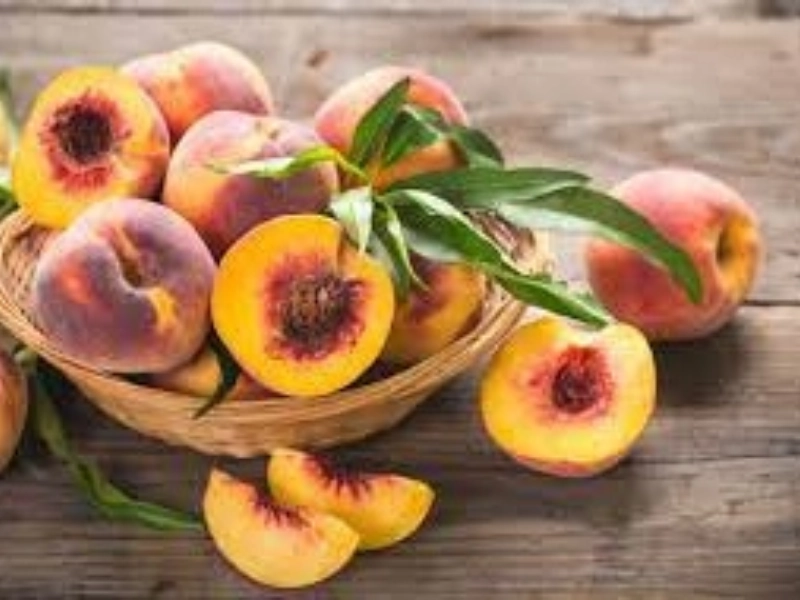
Vitamin C, which helps strengthen the immune system and fight disease, is abundant in peaches. It is a powerful antioxidant that aids in the battle against free radicals, which are responsible for ageing and cancer. Additionally, it has a variety of minerals that support better bone health and heart disease prevention. Additionally, it is a great source of dietary potassium and fibre.
Peaches have a pH between 34 and 36, making them mildly acidic. They are a wonderful source of vitamin C and a healthy choice for those with acid reflux disease (GERD) or who are on an alkaline diet.
If you are prone to acid reflux, it is advised that you refrain from eating peaches while pregnant. These symptoms may be triggered by excessive citric acid levels. When eating them, though, make sure to combine them with other low-acid fruits. Before eating, make sure they are ripe and remove the peels.
They are an excellent potassium supplier.
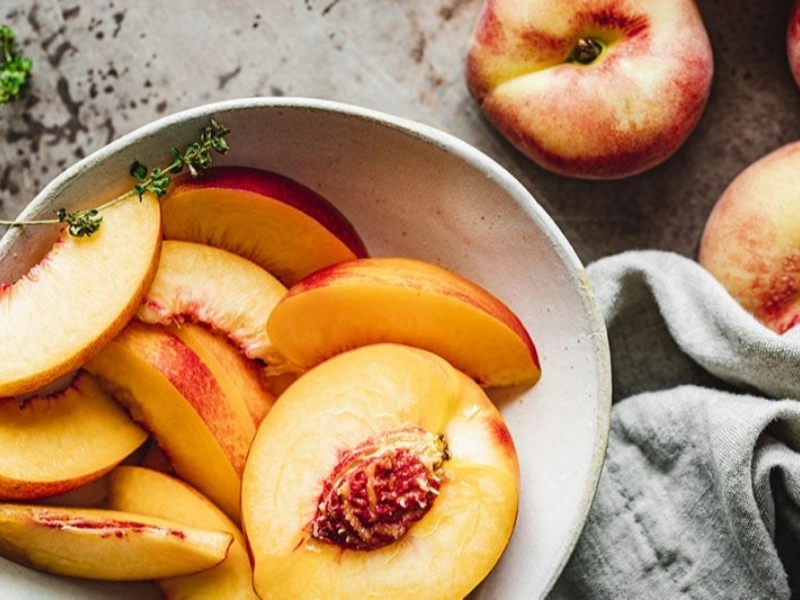
Potassium, a mineral that supports appropriate blood pressure and heart rhythm, is present in peaches in good amounts. They also contain a lot of fibre, which can lessen the discomfort associated with acid reflux and stomachaches. However, before ingesting any meals that are high in potassium, you should speak to a dietician if you have kidney disease.
Heartburn and chest pain are brought on by acid reflux, which is when stomach acid flows back up into the oesophagus. Peaches are one fruit that may cause this disease in some people. For the majority of individuals, eating peaches in moderation is generally harmless, but if you frequently experience symptoms of acid reflux, you should consult your doctor.
Peach acidity varies by genotype, but two chromosomal areas are largely responsible for this variance. A DNA test was created that distinguishes between peaches with low and high acidity using CPPCT040b and G7Flav-SSR. Customers may now find the ideal peach for them thanks to this.
They contain a lot of magnesium.
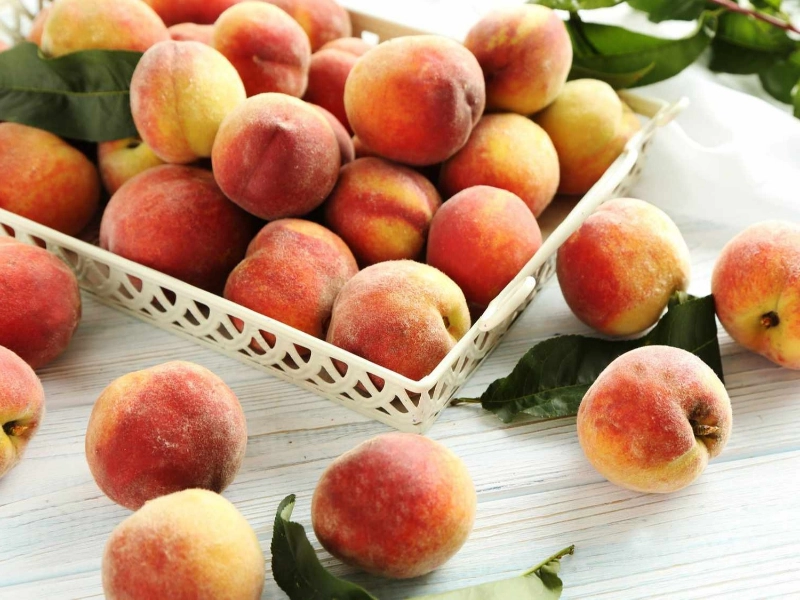
Delicious and nutritious, peaches are a great supplement to any diet. They have few calories and are rich in potassium, fibre, and vitamins A and C. They are a superior source of magnesium as well.
Yellow peaches can be tangy or even acidic, while white peaches are sweet and have a low acid content. The cultivation method and kind of peach affect the acidity level. Peaches, both clingstone and freestone, can be either yellow or white, and both varieties have pH levels that are higher than 4.6 (the pH level at which Clostridium botulinum spores are rendered inactive).
Peaches are a natural source of vitamin C, which can assist in easing pregnant women's acid reflux problems. While pregnant, it's crucial to stay away from consuming too many acidic foods, as this can raise the likelihood of an early labour. It is preferable to eat peaches in moderation and combine them with meals that have acid-reducing properties.







